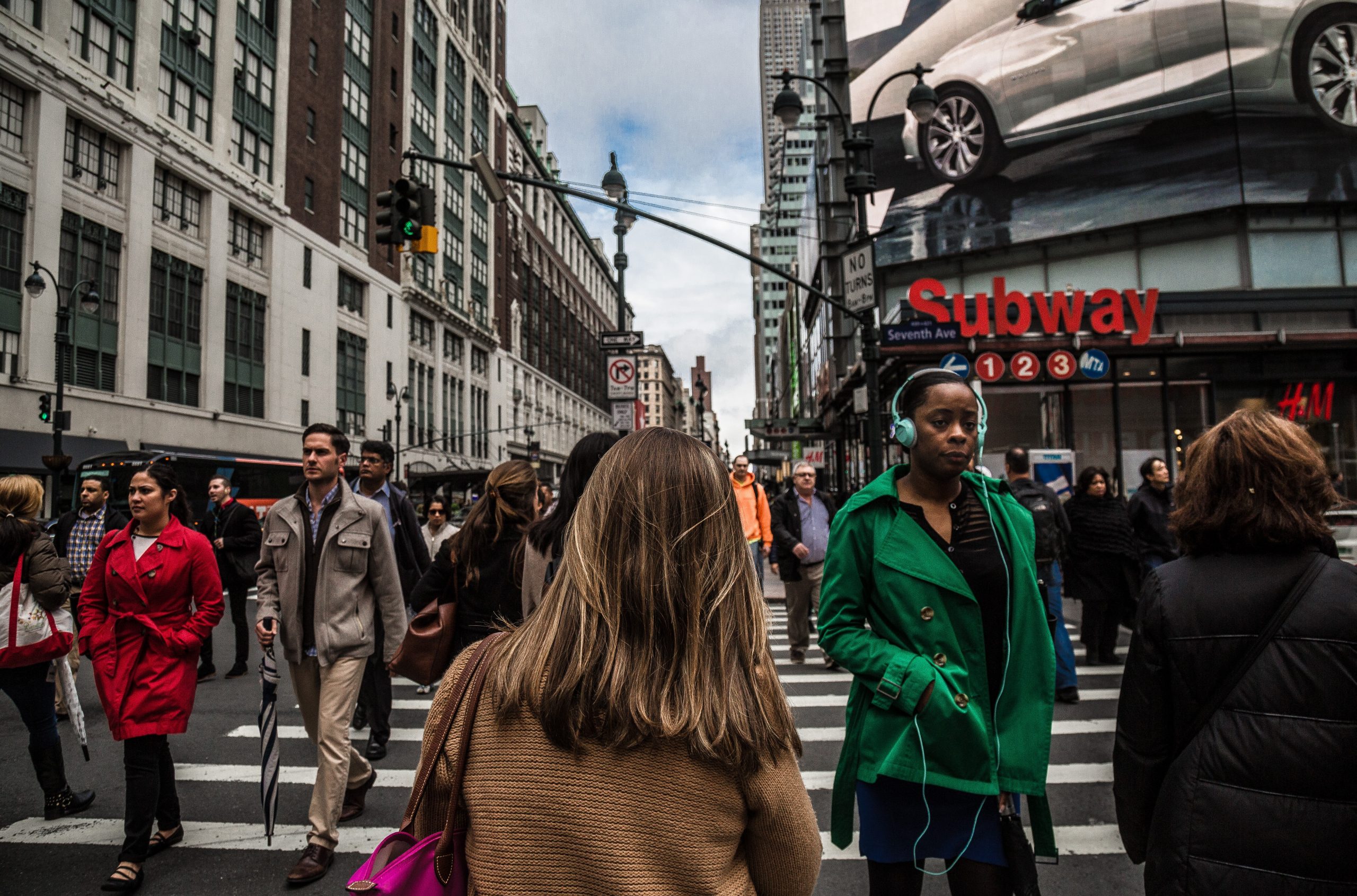
The US may experience a third wave of COVID infections, which winter can complicate due to seasonal influenza, says epidemiologist.
As the Northern Hemisphere welcomes colder temperatures, the number of coronavirus cases in the US continues to rise, and countries are planning to re-impose restrictions to curb the spread of the virus.
“Our worry has been that we would see a fall wave, that we’d see a big resurgence in the fall,” said Justin Lessler, an associate professor of epidemiology at the Johns Hopkins Bloomberg School of Public Health. “And that has really been something I think all of us in the public health community have been worried about for a while," he added.
COVID cases were increasing by 5% or more in 38 states in the US, as of Friday, based on a CNBC analysis of data compiled by Johns Hopkins University.
The country is averaging around 55,000 new infections daily, a more than 16% increase compared with a week ago.
“It’s still not too late to vigorously apply good public health measures, and again I emphasize without necessarily shutting down the country,” White House coronavirus advisor Dr. Anthony Fauci said during a recorded Q&A with Johns Hopkins University.
“I’m pretty glum at the moment because it does look as though in the majority of states there’s an increasing number of cases,” Dr. William Schaffner, an epidemiologist at Vanderbilt University, said. “There’s a growing sense of coronavirus fatigue out there. People really want to get back to the old normal.”
Schaffner said the US could face a “substantial third wave” of infections and that winter could complicate it due to the spread of seasonal influenza.
He added that people may spend more time indoors and not be able to observe public health guidance as they experience colder temperatures, which creates develops risk for the spread of the virus compared with outdoor activities.
“During the summer, people went indoors for air conditioning, but they did spend more of their time outdoors. Nonetheless, it spread as people became lax in their attention to social distancing and mask-wearing,” he said. “As far as I can tell, that’s growing.”
Cases, hospitalizations climb in America’s Great Plains
Unlike previous outbreaks across the U.S., the coronavirus is now widely circulating through many of America’s more rural communities.
Johns Hopkins data shows that North Dakota, South Dakota, Montana, and Wisconsin have the record of the highest number of cases per 100,000 residents in the country.
According to Dr. Allison Suttle, the chief medical officer at Sanford Health, which has hospitals located in North Dakota and South Dakota, they have more coronavirus patients and have added beds to accommodate more.
“What we’re seeing as the hospitalizations of Covid increase in direct correlation to the number of cases increasing in our communities, we’re also seeing sicker patients that have delayed care in March and April that are now coming in with problems,” she said. “They require more intense care, longer hospital stays, so that all compounds.”
Europe's wave of infections
Like the US, Europe is also reporting outbreaks, which the World Health Organization (WHO) finds "concerning."
The spike of cases across the region compelled France to announce a public health state of emergency. Germany and the UK implemented new measures in an effort to contain the spread of the virus.
Dr. Hans Kluge, the head of the WHO’s Europe office, believes that the cause of the increase of new coronavirus cases is the public’s lack of compliance when it comes to health and safety protocols.
According to Maria Van Kerkhove, the WHO’s technical lead, Europe is not only seeing an increase in coronavirus cases. It faces an increase in hospitalizations and ICU admissions.
“We know of a number of cities across Europe where ICU capacity will be reached in the coming weeks,” Kerkhove said Friday during a press briefing at WHO’s Geneva headquarters. “That is concerning as we approach the flu season.”
Health authorities have warned that they are gearing up for the two bad viruses that would spread as the coronavirus outbreak bleeds in the flu season. Kerkhove asked people to “rally” together, adding the world is not in the same condition six months ago.






